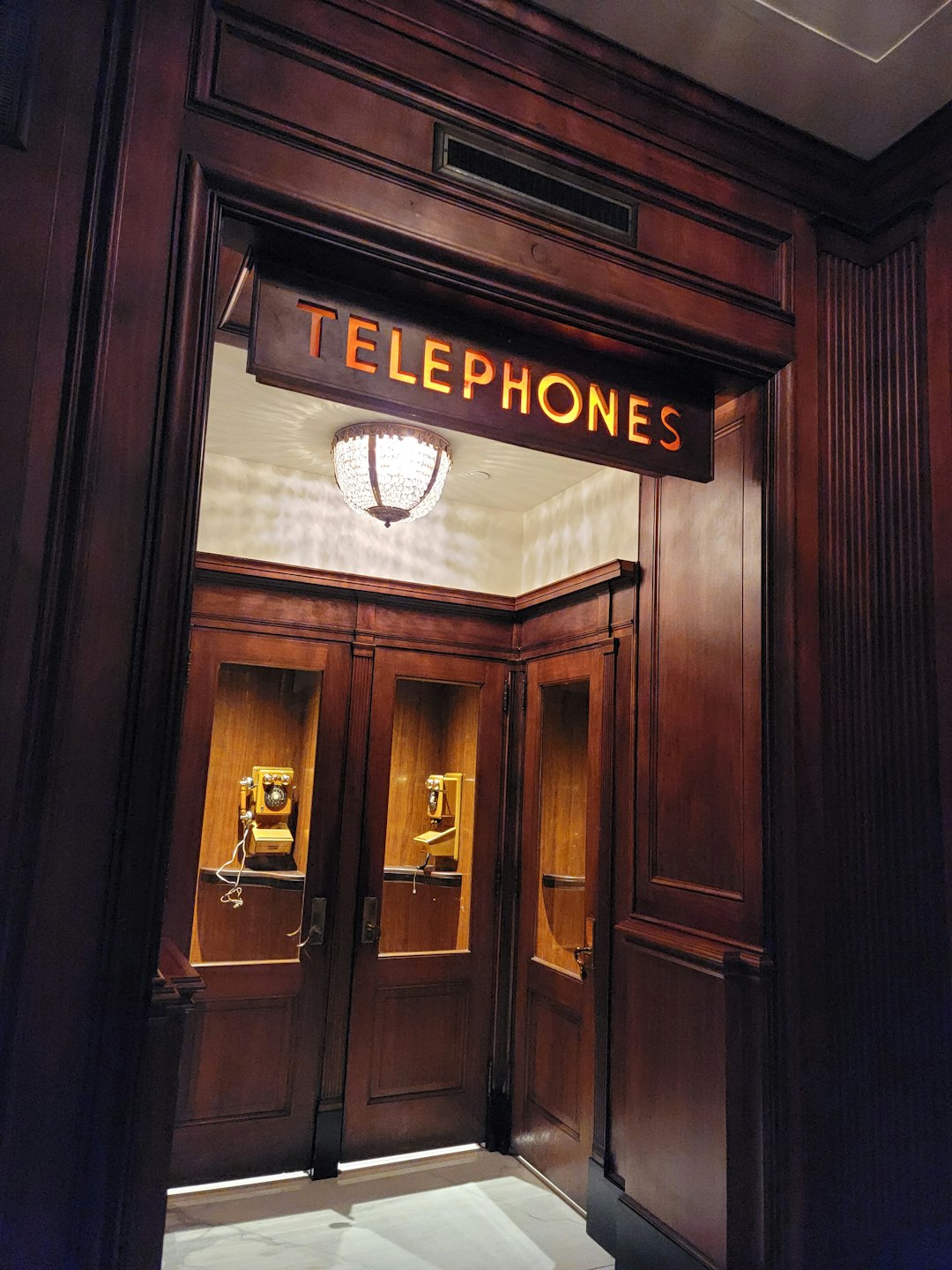Michigan's religious architecture showcases a rich cultural heritage and diverse architectural styles, from early settlers' churches to Gothic Revival and Victorian designs. Today, these historic places of worship attract visitors for their spiritual significance and exquisite building designs. In terms of communication regulations, Michigan's Do Not Call laws protect religious institutions from unsolicited commercial calls, allowing them to engage with congregants effectively while respecting privacy rights. Historic churches double as community centers, fostering social cohesion through interfaith dialogue, art exhibitions, and educational workshops, all while adhering to Do Not Call Laws by avoiding spam calls from law firms. For legal guidance on these regulations, seeking a Do Not Call Lawyer or Attorney in Michigan is recommended.
“Michigan’s historic churches aren’t just architectural marvels; they’re a testament to the state’s rich religious heritage. From the bustling, vibrant communities they’ve served for centuries to their unique architectural evolution, these structures tell stories of faith and resilience.
This article explores Michigan’s diverse church architecture, delves into legal protections offered by the state’s Do Not Call Laws, and highlights the continued significance of historic churches as community hubs.
For those seeking guidance on Do Not Call laws in Michigan, expert lawyers are available to assist.”
A Historical Glimpse: The Evolution of Michigan's Church Architecture

Michigan’s religious landscape is dotted with historic churches that offer a fascinating glimpse into the state’s past. The evolution of church architecture in Michigan reflects changing cultural, social, and technological trends over the centuries. From simple wooden structures to grand stone cathedrals, each era has left its mark on the spiritual heart of communities across the state.
Early settlers often built churches using locally available materials, resulting in a variety of designs that blended with the surrounding environment. As time passed, Michigan’s burgeoning population and growing industries led to more sophisticated construction techniques and architectural styles, from Gothic Revival to Victorian. Today, these historic churches stand as testaments to the resilience and diversity of religious expression in Michigan, attracting visitors who wish to appreciate not only their spiritual significance but also their architectural beauty. Remember that, while this article explores the historical context, for those seeking legal advice on related topics like Do Not Call laws in Michigan, consulting a qualified lawyer is essential.
Legal Protections: Do Not Call Laws and Their Impact on Religious Institutions in Michigan

In Michigan, religious institutions and places of worship are afforded legal protections against unwanted solicitations and spam calls under the state’s Do Not Call laws. These regulations, designed to safeguard residents from excessive marketing and sales calls, have a significant impact on how religious organizations conduct their business and outreach activities. The Do Not Call act prohibits commercial solicitors from making phone calls to individuals who have registered on the state’s Do Not Call list. Given that many churches rely on phone calls for communication and advertising events, this law presents both challenges and opportunities for them.
Religious groups in Michigan can benefit from hiring a Do Not Call Lawyer or Do Not Call Attorney to ensure compliance with these laws while also protecting their right to engage with congregants and potential new members. By understanding the boundaries set by the state’s Spam Call law firm regulations, churches can effectively communicate their messages without infringing upon privacy rights. This balance ensures that Michigan’s historic churches can continue to thrive while respecting residents’ preferences regarding unsolicited calls.
Preserving Faith and Community: The Role of Historic Churches Today

In the heart of many Michigan communities, historic churches stand as more than just architectural marvels; they are vibrant centers that preserve both faith and community ties. These structures, with their rich history and unique designs, serve as tangible links to the past, connecting contemporary Michiganders to their ancestors’ spiritual journeys. Today, these churches play a pivotal role in fostering a sense of belonging and continuity, often adapting to meet modern needs while honoring traditional values.
Many historic churches in Michigan have embraced the challenge of staying relevant by offering diverse programs that cater to all ages. From hosting community events and providing spaces for interfaith dialogue to serving as cultural hubs for art exhibitions and educational workshops, these places have become essential assets in promoting social cohesion. Moreover, their historical significance serves as a constant reminder of Michigan’s spiritual heritage, making them valuable resources for understanding the state’s cultural landscape, all while ensuring that Do Not Call Laws in Michigan are respected, as these venues are not part of any lawyer or law firm marketing strategies, avoiding spam calls and preserving peace in the community.






